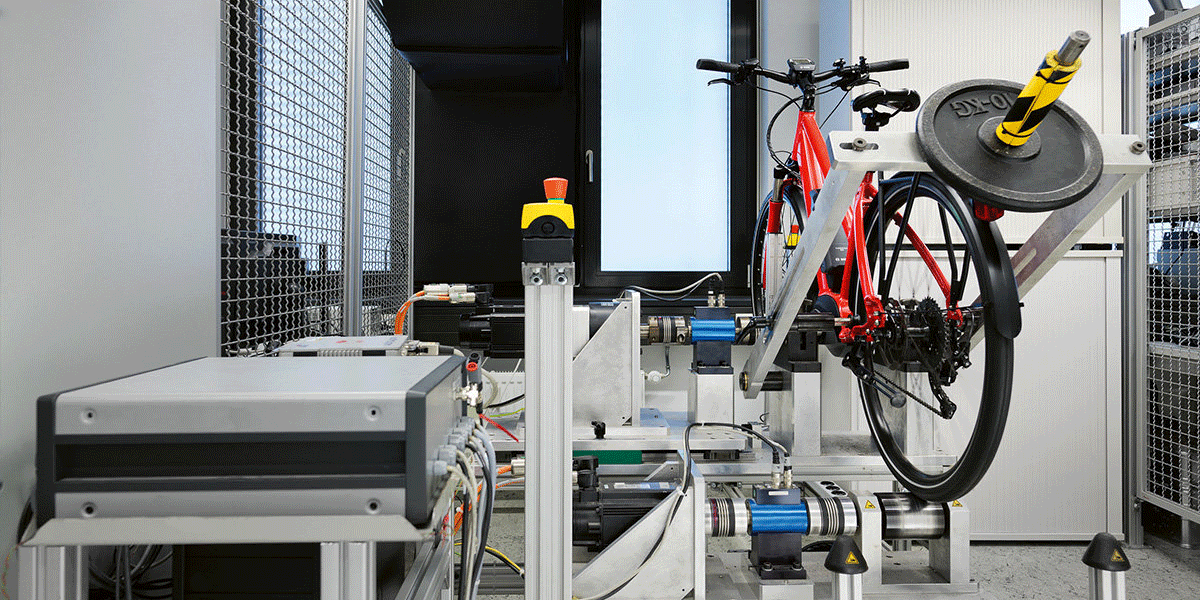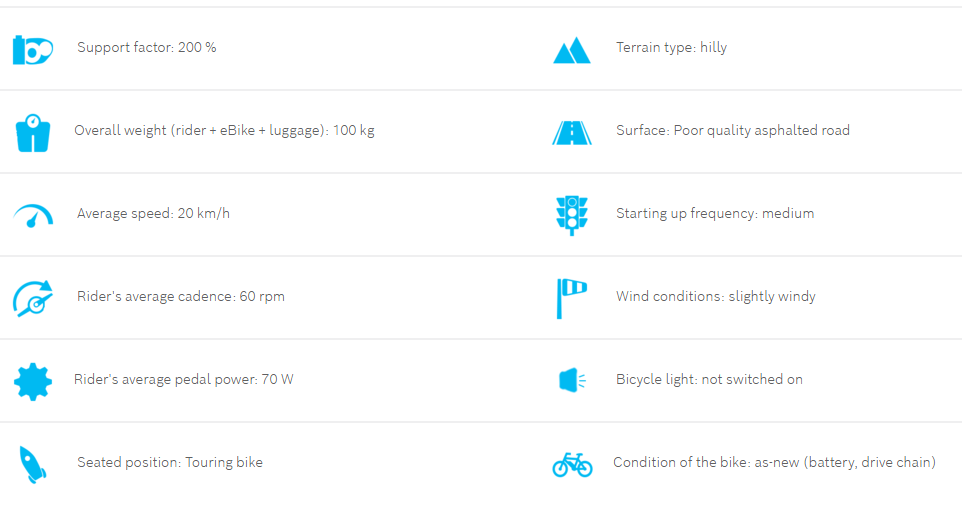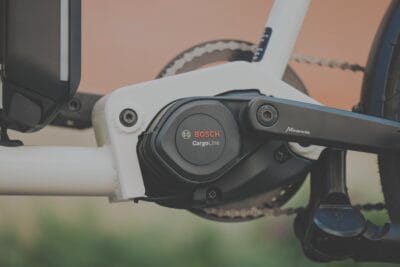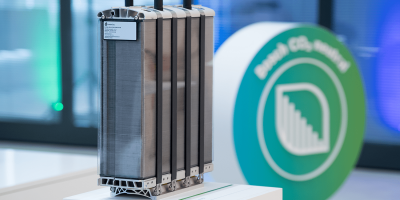Bosch eBike Systems announce R200 e-bike range test
Bosch eBike Systems has made progress on a standard for measuring the ranges of e-bikes with defined parameters. The R200 has been developed in cooperation with ZIV (Germany’s bicycle industry association) and major companies from the bicycle industry are getting behind it.
Called the “standardised range test R200” Bosch eBike Systems and ZIV have now secured industry support from the Accell Group, Shimano and Velotech. Moreover, the partners are working with the German Institute for Standardization (DIN) to make the R200 range test the market standard, a so-called DIN Spec. The aim is to publish the test in the middle of this year. The DIN Spec differs from the more well-known DIN standard in that it does not require the involvement of all interested parties and can, therefore, be launched much more quickly. It will, however, serve as a possible basis for a later DIN standard.
Testing e-bike/pedelec range has been problematic and often intransparent, particularly for consumers. For example, range depends heavily on the rider and external conditions such as riding surface, tyre types, weather conditions, factors that are often difficult to reproduce, thus making it harder to compare results.
The Bosch test R200 however, uses fixed parameters and compares pedal-assist bicycles on the basis of an assumed electric support factor of 200 per cent, hence the name. The standard parameter here is an assumed support factor of a rider performance of 70 watts with 140 watts, which corresponds to a medium to high support factor. Of course, other parameters such as average speed (20 km/h), terrain type, wind conditions and other factors are given set values.
With these parameters, prospective e-bike customers may now compare the range of different bikes, while the R200 gives them additional data on battery capacity and energy consumption to boot. Whether this reflects real-life riding behaviour of an electric bike is another question and ultimately for the rider to decide.
According to Bosch eBike Systems,
bosch-ebike.com
Additional reporting by Nora Manthey.






3 Comments